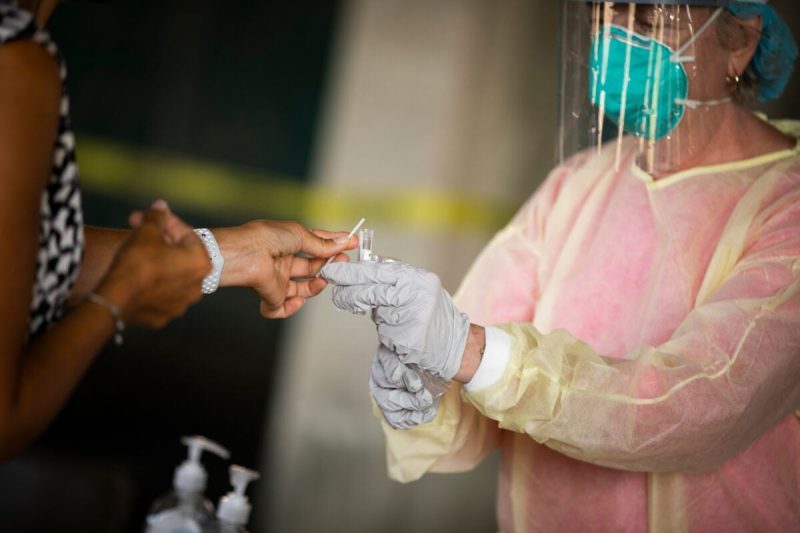The Ongoing Race between Vaccines and Viruses
Introduction:
The COVID-19 pandemic has presented an unprecedented global health crisis, prompting a race to develop effective vaccines. As scientists work tirelessly to produce viable solutions, it is essential to assess the speed at which vaccines are developed in comparison to the rapid spread of the virus. This article explores the challenges faced in combating a virus that has outpaced our efforts to halt its advance, despite record-breaking vaccine development.
The Breakneck Speed of COVID-19 Vaccine Development:
The novel coronavirus, SARS-CoV-2, caught the world off guard, necessitating the development of vaccines at an astonishing pace. In the past, the typical timeframe for the creation and approval of vaccines spanned several years. However, driven by the urgency of the pandemic, innovative techniques and collaborative research efforts have resulted in the development of multiple vaccine candidates in record time.
Challenges and Obstacles Faced:
Despite the commendable speed of vaccine development, there are several hurdles that have slowed down the process. Rigorous clinical trials, stringent safety standards, and regulatory requirements are essential to ensure the efficacy and safety of any vaccine. These critical steps, though time-consuming, are crucial to instill public confidence. It is essential to strike the right balance between rapid development and thorough evaluation.
The Vaccine Rollout: Playing Catch-Up with the Virus:
While vaccines offer a glimmer of hope, the virus has been spreading exponentially worldwide. Governments and health organizations face an arduous task in vaccinating a large portion of the population in a relatively short span of time to curb the spread. The logistical challenges associated with distribution, cold chain requirements, and equitable access to vaccines pose a significant hurdle to achieving widespread immunity. The virus continues to exploit gaps in our defenses as vaccines are being deployed.
The Mutability of the Virus:
Viruses, like the novel coronavirus, possess an inherent ability to mutate. New strains and variants that emerge jeopardize the effectiveness of existing vaccines. This ongoing battle of wits between evolving viruses and the development of new vaccines demands constant vigilance and adaptability. Researchers and pharmaceutical companies must be prepared to modify existing vaccines rapidly to combat emerging variants and ensure the longevity of immunity.
The Role of Global Cooperation:
In the face of an unprecedented global crisis, collaboration plays a pivotal role in overcoming the challenges posed by the virus. Shared knowledge, data, and resources are vital in expediting and enhancing vaccine development. International platforms such as COVAX are working to ensure equitable access to vaccines for all nations, proving the necessity of global solidarity to combat a common enemy.
Conclusion:
The rapid development of vaccines in response to the COVID-19 pandemic is a significant achievement of human ingenuity. However, the virus has proven to be a relentless adversary, spreading faster than the rate at which vaccines can be deployed. The battle against the virus and its mutations requires continued determination, global cooperation, and adaptability. As we navigate one of the most challenging health crises in modern history, the ongoing race between vaccines and viruses reminds us of the need for resilience, flexibility, and unwavering commitment to safeguarding public health.

